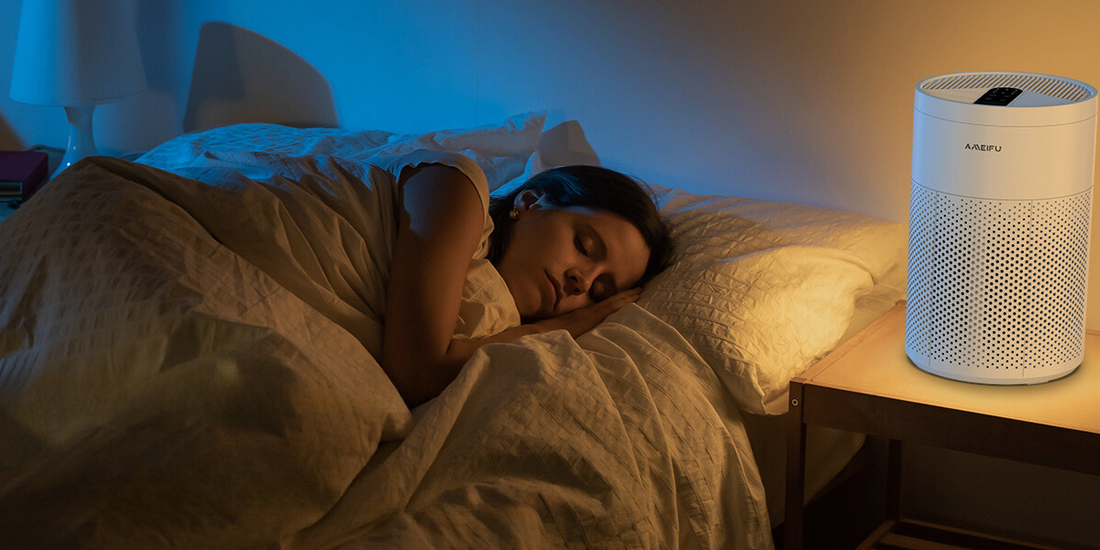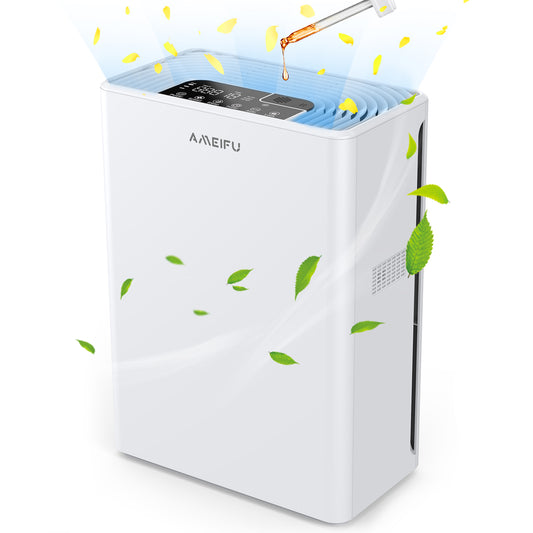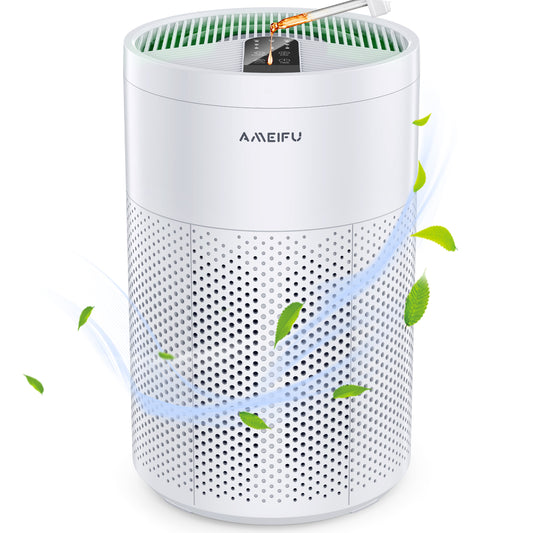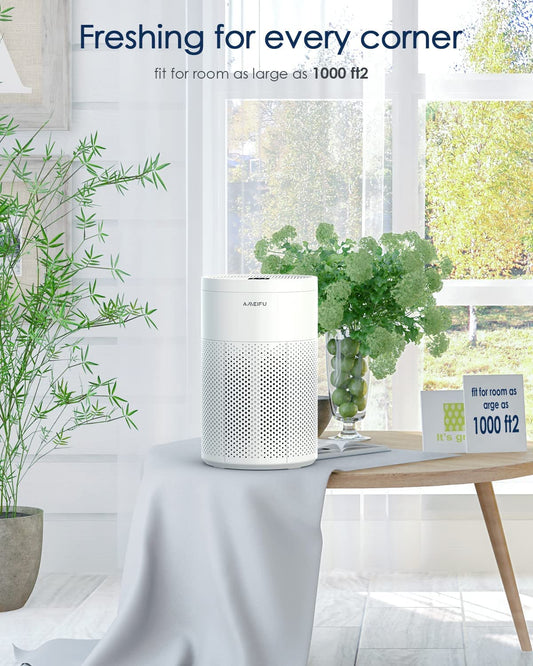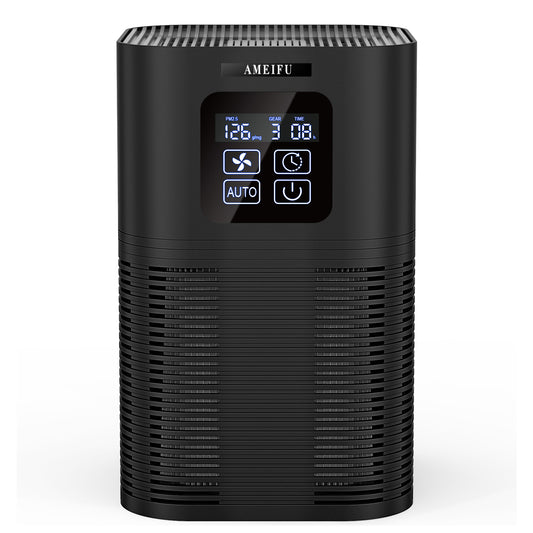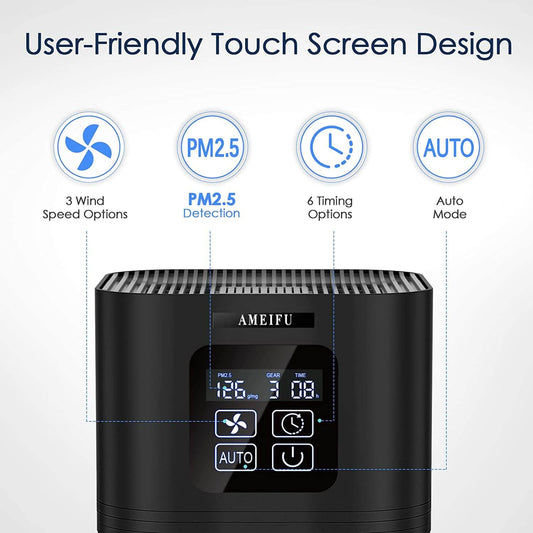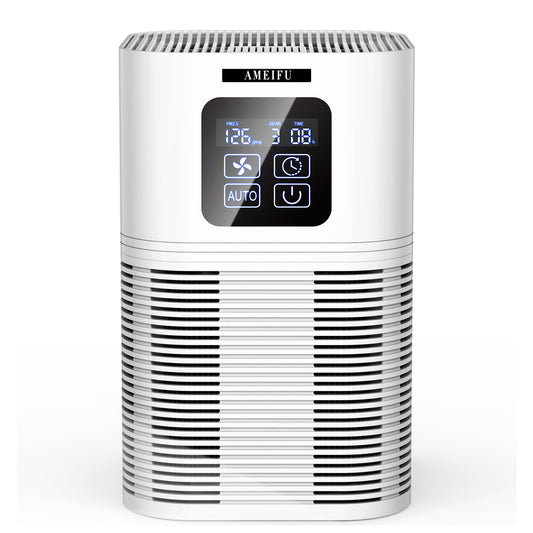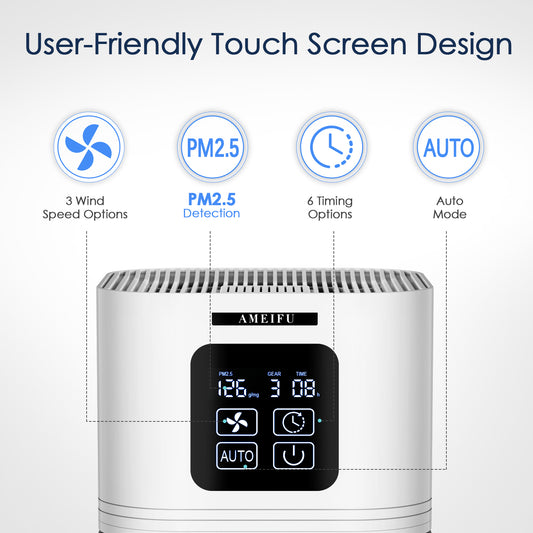Sleep is essential for our overall well-being, and many factors can influence the quality of our rest, including the air we breathe. Air purifiers have gained popularity as devices that can improve indoor air quality, but can they also contribute to better sleep? In this article, we will explore the potential benefits of using air purifiers to enhance sleep quality and create a more conducive sleep environment.
The Relationship between Air Quality and Sleep
- Removal of Allergens: Air purifiers are designed to capture and filter out common allergens such as dust mites, pollen, pet dander, and mold spores. These particles, when present in the air, can trigger allergic reactions and disturb sleep. By effectively removing allergens, air purifiers create a cleaner and healthier sleep environment, reducing the likelihood of nighttime allergies and allowing for uninterrupted sleep.
- Reduction of Airborne Irritants: Air purifiers also help in minimizing airborne irritants that can disrupt sleep, such as smoke, odors, and volatile organic compounds (VOCs) from household products. Inhaling these substances can cause respiratory discomfort, coughing, or even respiratory distress during sleep. By purifying the air and reducing these irritants, air purifiers promote a more peaceful and restful sleep experience.
- Control of Indoor Air Pollution: Indoor air pollution, including pollutants like formaldehyde, nitrogen dioxide, and ozone, can have detrimental effects on respiratory health and sleep quality. Air purifiers equipped with specialized filters, such as activated carbon or HEPA filters, can effectively trap and neutralize these pollutants, resulting in cleaner and safer air to breathe while sleeping.
Additional Factors to Consider
- Noise Levels: Some air purifiers generate noise while operating, especially at higher fan speeds. For individuals sensitive to noise during sleep, it is important to select a model that operates quietly or features a sleep mode. Alternatively, placing the air purifier away from the sleeping area or using white noise machines can help mask any operational sounds.
- Maintenance and Filter Replacement: Regular maintenance, including filter cleaning and replacement, is crucial for optimal air purifier performance. Neglecting filter maintenance can decrease the efficiency of the device over time. It is recommended to follow the manufacturer's instructions regarding filter replacement schedules and cleaning procedures to ensure continued effectiveness.
Conclusion
Air purifiers can indeed contribute to better sleep quality by improving indoor air quality and reducing common sleep disruptors such as allergens and airborne irritants. By removing these contaminants, air purifiers create a cleaner and healthier sleep environment, allowing for uninterrupted rest and potentially alleviating nighttime allergies or respiratory issues. However, it is important to consider noise levels and maintenance requirements when selecting an air purifier for sleep purposes.
Investing in an air purifier for your bedroom can be a worthwhile decision, providing cleaner air and contributing to a more rejuvenating and restorative sleep experience. Prioritize your sleep health and reap the benefits of breathing in fresher, purer air during your nightly rest.

